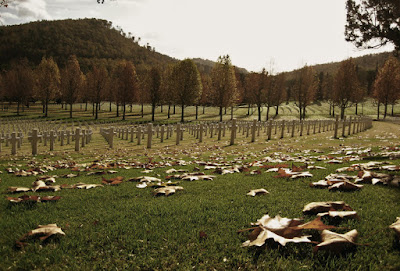Beyond Project-Based Learning: Towards An Open System

The problem of connecting educators and employers is not a new one. There are many organisations and institutions working at creating this interface, some more successfully than others. The field is full of well-meaning individuals and fascinating ideas, some more workable than others. However, one key lesson, a common one, has perhaps been ignored by most of the people: That no closed, proprietary solution may actually work. This should have been obvious in a field where the key problem arise because of the closed, proprietary approaches. The Educators mostly believe they are doing a great job - at least, the best possible one - and the degrees and grades they give out, under the full authority of the state and with the gravitas of their quality assurance, should be accepted at the face value by the employers. The employers, in turn, believe that the people they require should appear, with right skills and attitude, a perfect understanding of their cultures and customers, an...



